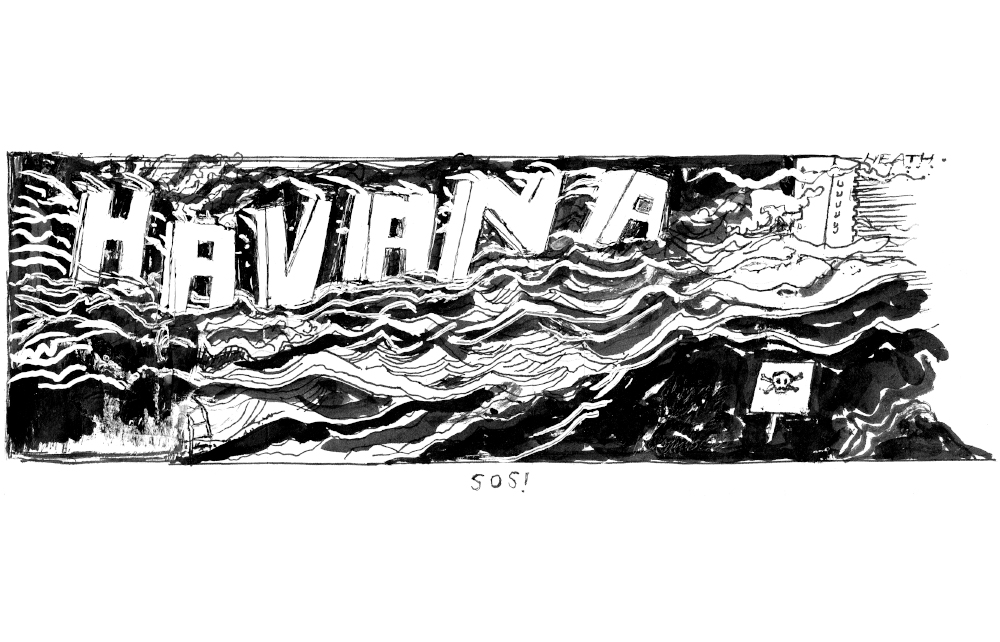The first scent of trouble came when Cuba’s government ordered all its non-essential workers home. By packing them off (and there are plenty of them, given Cuba is one of the world’s last centrally planned communist states) the government hoped the island’s exhausted national power grid would get a breather. It didn’t work, the main power station crashed, and Cuba went dark. At first, I didn’t think it was a big deal. Power cuts in this all-but-bankrupt state have long been a daily scourge. But it turns out there’s a categoric difference between 20 and 24 hours of blackout.
I came to Cuba in 2018 for a three-month stay and here I am, now married with a three-year-old son. Friends call this my ‘Cuban midlife crisis’, which I resent. I’ve been absorbed by Cuba, by its highly educated people who, starved of opportunity, have turned to art, music, jokes and ideas to help them survive or, indeed, escape. I’m often told stories that would have broken me like a twig. My friend Catalina lost her father when he tried to flee across the Florida Straits and drowned. She was two. When Catalina was a teenager, her mother was sent to jail. Yet Catalina still managed to receive a PhD in linguistics.
The current crisis is due to the increasing obsolescence of Cuba’s power plants. My pal Patrick compares them to Cuba’s classic cars, the 1950s Chevy Bel Airs and the Ford Fairlanes that everyone loves, and the Ladas that arrived from Russia in the 1970s. Cuban ingenuity and desperation keep them going, but no one actually wants to spend much time in their petrol-fumed interiors.
Hurricane Oscar crashed into Cuba’s east during the blackout, tearing off roofs and flooding houses close to the sea.








Comments
Join the debate for just £1 a month
Be part of the conversation with other Spectator readers by getting your first three months for £3.
UNLOCK ACCESS Just £1 a monthAlready a subscriber? Log in